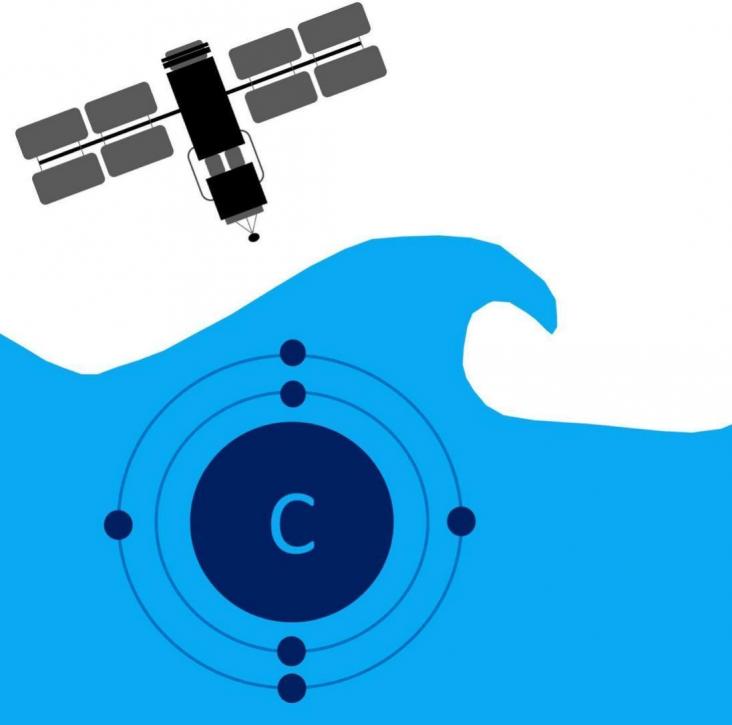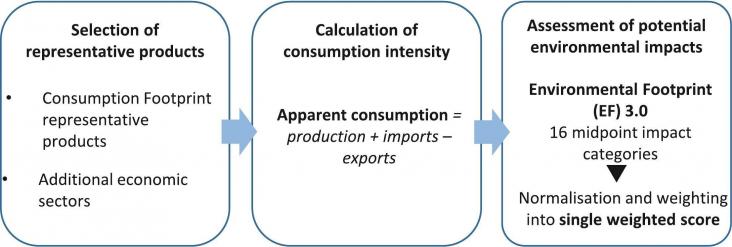This Article supports SDGs 9 and 13 by looking at how carbon emissions can be mitigated by way of public procurement with environmental conditions
This article This Article supports SDGs 9, 11 and 13 by looking at the case of FuelEU maritime as an example of policy change for decarbonisation of international maritime transport.

To mark the 50th Anniversary of World Environment Day on 5 June 2023, Elsevier proudly presents a curated list of publicly available journal articles and book chapters in support of this year's theme “Solutions to Plastics Pollution”. Please share and download.
This article advances SDG # 13 and 9 by making recommendations for unlocking the mechanism by which the plastics industry is tied to the fossil fuel-based economies.

Monitoring the ocean carbon cycle is key to improved understanding. Satellites play a major role in our global carbon monitoring system. To make full use of satellite observations for ocean carbon monitoring the remote-sensing community needs to work closely with in-situ data experts, physical and biogeochemical modellers, Earth system scientists, climate scientists and marine policy experts.
This chapter advances UN SDG goals 11, 13, and 9 by examining how cities can transform in the face of climate change and socio-ecological crises to become more sustainable and resilient.
This study aims to identify the factors that constrain and enable the sustainability of reusable packaging systems, considering environmental, economic, social and technical dimensions. This research is critical to the effective implementation and scale-up of reusable packaging systems.

This paper explores the potential implementation of the Consumption Footprint rationale to define a footprint indicator for the EU Bioeconomy, henceforth ‘Bioeconomy Footprint’. This indicator can be a powerful tool for a comprehensive and effective monitoring of the bioeconomy sectors: to capture environmental impacts over time, identifying environmental hotspots, highlighting geographic and sectorial trade-offs, and identifying burden shifts among impact categories and along the supply chain.
Results from this study contribute to define a complete set of environmental and social data and information, which can help European decision makers to define new criteria for sustainable management of the waste plastics of interest. A new methodological approach has been proposed: it appears able to be applied in future research projects involving innovative management options.
This study investigates three Mediterranean coastal lagoons to study harmful algae and pathogens on plastic debris.
